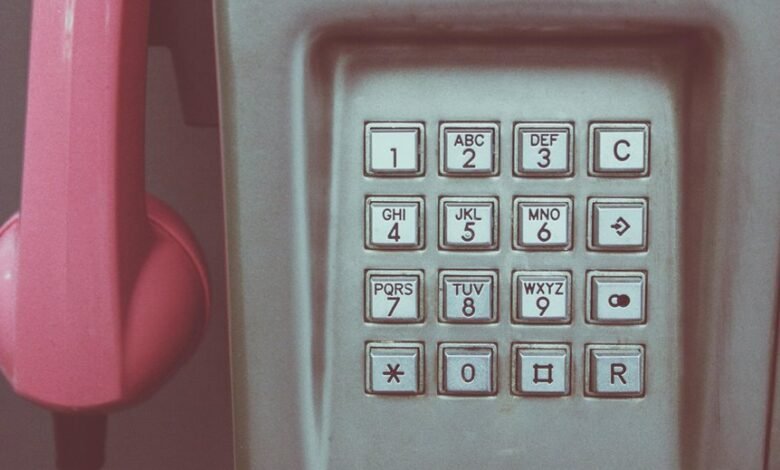2039536320 Redial Likelihood After First Missed Call

The likelihood of redialing the number 2039536320 after a missed call varies significantly based on multiple factors. Key elements include the relationship with the caller, perceived urgency, and the context of the interaction. Understanding these dynamics can provide insights into communication behavior. What remains to be explored are the specific influences that drive individuals to prioritize certain calls over others in their decision-making process.
Understanding Missed Call Behavior
What factors contribute to an individual’s decision to redial after a missed call?
Missed call psychology reveals that communication preferences play a pivotal role. Factors such as the caller’s relationship, urgency of the message, and social norms influence this behavior.
Individuals prioritize meaningful connections, with redialing serving as a reaffirmation of intent and engagement, reflecting their intrinsic desire for effective communication and connection.
Factors Influencing Redial Decisions
How do various factors shape the decision to redial after a missed call?
Caller motivation significantly influences this choice, as emotional context and urgency dictate the likelihood of a callback.
Additionally, redial timing plays a crucial role; immediate attempts may reflect higher priority, while delayed responses could indicate reevaluation.
Understanding these dynamics is essential for comprehending missed call behaviors in communication practices.
Statistical Insights on Call Back Rates
Statistical insights into call back rates reveal significant variations influenced by several demographic and contextual factors.
Analysis of missed call patterns indicates that call back psychology plays a crucial role in decision-making processes.
Factors such as age, relationship to the caller, and time of day significantly affect the likelihood of redialing, demonstrating that responses are not merely instinctive but are shaped by underlying behavioral tendencies.
The Role of Context in Call Returns
Although individual motivations for returning missed calls can vary, the context surrounding the missed communication significantly influences the likelihood of a call back.
Contextual cues, such as the relationship between the caller and recipient, alongside prevailing social norms, dictate responses. For instance, a missed call from a superior often elicits a quicker return than one from an acquaintance, highlighting the interplay of context and social expectations.
Conclusion
In the intricate dance of communication, the decision to redial 2039536320 after a missed call often hinges on nuanced dynamics. While personal connections and urgency can serve as compelling catalysts for action, the subtleties of context ultimately shape the response. Thus, understanding these factors provides valuable insight into human behavior, illuminating the pathways through which missed connections may transform into renewed dialogues, fostering relationships and enhancing interpersonal engagement in an increasingly connected world.




